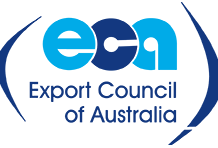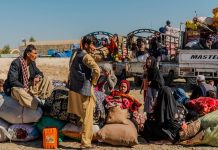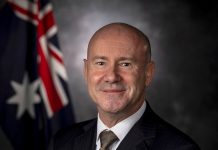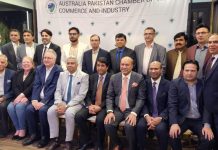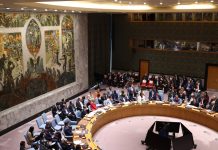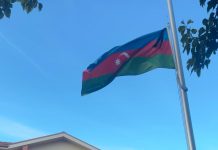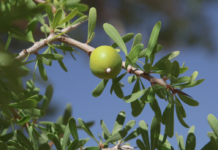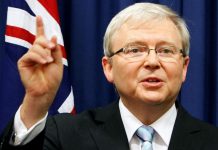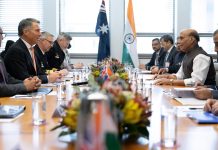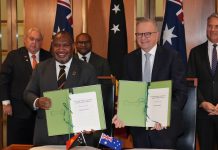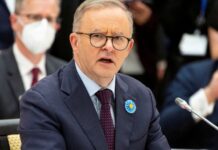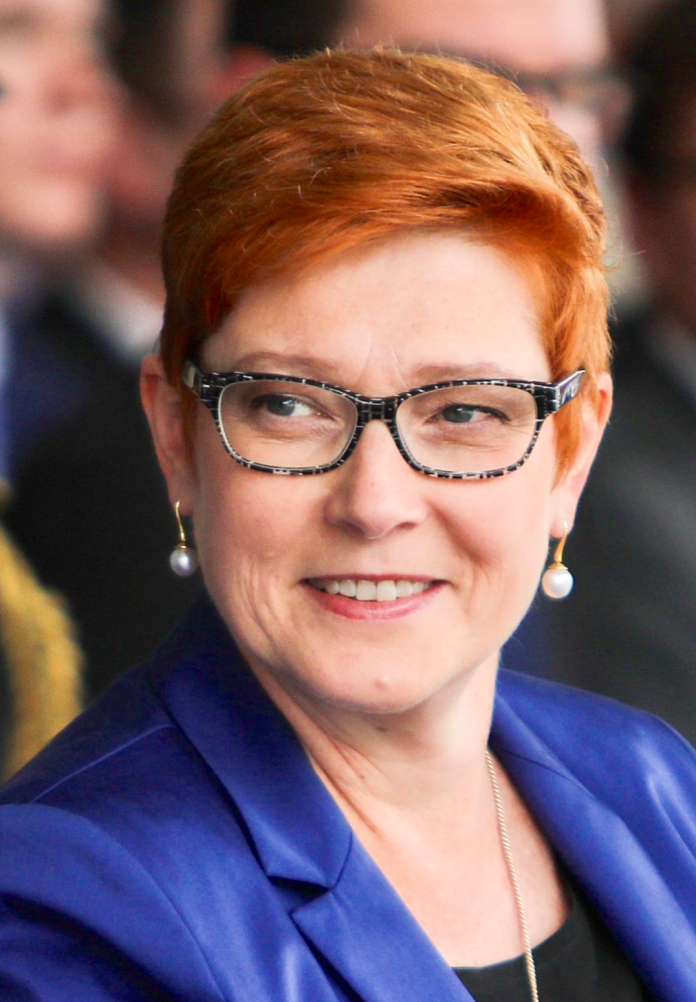Australia Wednesday reiterated strong commitment to help the Pacific nations in the hour of international crisis to prevent the spread of COVID-19 and to manage the economic impacts.
“Responding to the COVID-19 pandemic represents a significant challenge for governments and communities across the Pacific. In this unprecedented situation, we have moved quickly to reorient our development partnerships to bring forward funding for critical health services and to mitigate the economic shock”, Foreign Minister Marise Payne and Alex Hawke Minister for International Development and the Pacific said in a joint statement.
Ministers said that Australia’s response will build on our existing Pacific Step-up as we have never faced a challenge of the scale of COVID-19, but we will combat it together as a Pacific family.

Alex Hawke, Minister for International Development
As part of government top priority to keep infection rates as low as possible, Australia has closed its borders to non-citizens and non-residents and have banned Australians from travelling overseas yet Pacific islanders transiting Australia to return home are exempt from travel ban.
In order to enable the movement of a small number of international experts, as well as essential supplies, medicines and food, across the Pacific, Australia is already taking steps to facilitate a humanitarian and essential services corridor to the Pacific, and Timor-Leste.
Australia is strongly engaged with Pacific partners to prepare for, and prevent, the spread of COVID-19, and to manage the broader health and economic impacts.
“Australia is assisting Pacific Island governments with laboratories, medical equipment, health expertise, public information campaigns and support for national preparedness plans and the World Health Organisation’s regional plan”, they said adding our regional institutions are critical to this response, and we are working closely with the Pacific Islands Forum and the Pacific Community.
Ministers emphasized that no country should be alone in this crisis. Although, Australia faces its own immediate challenges, but our support for, and partnership with, our Pacific family is essential for our regional health security and our long-term interests.







